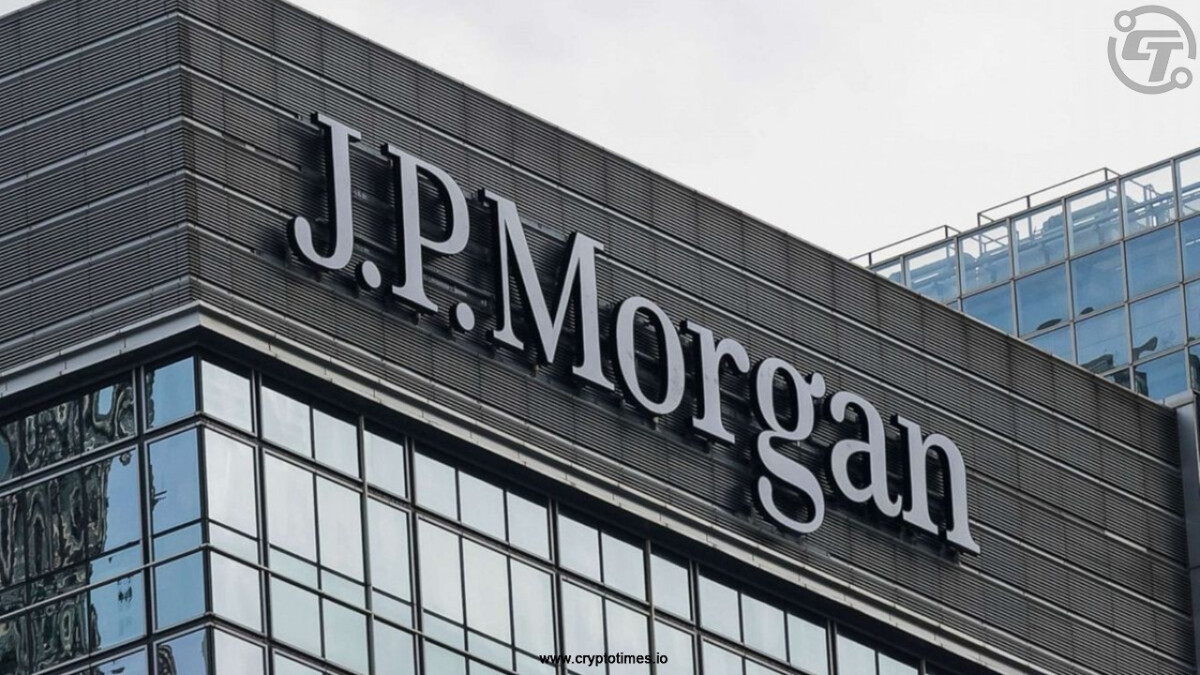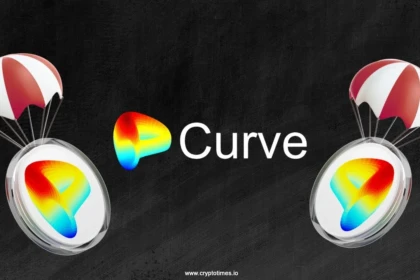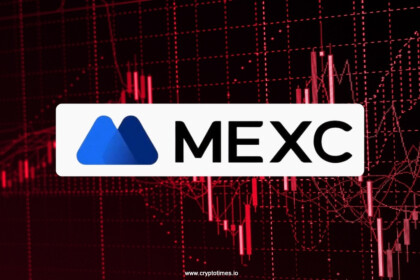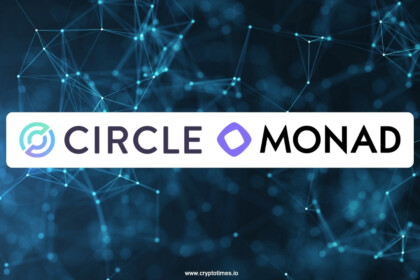JPMorgan Chase has entered the world of real-world asset (RWA) tokenization by digitizing private equity funds on its proprietary blockchain network. This initiative is targeting the bank’s private banking clients currently. It offers investors early access to this new and streamlined method of investment. This move is not an isolated experiment but rather a prelude to a larger digital overhaul. The rollout of the platform, Kinexys Fund Flow, is expected to launch in full by 2026.
The platform is designed to convert ownership stakes in these illiquid assets into digital tokens. This works as a step toward integrating distributed ledger technology (DLT) into traditional finance. This move is not an isolated experiment but rather a continuation to a larger digital overhaul.
JPMorgan has confirmed aggressive plans to expand its tokenization scope to include more complex alternative assets such as hedge funds, private credit, and real estate.
The main goal of the platform is to improve the efficiency of fund administration and transaction settlement. By tokenizing funds, JPMorgan anticipates it can reduce costs associated with managing these complex investments and enable transactions to settle faster moving from a process that can take weeks down to potentially near-instantaneous settlement.
It also aims to enhance liquidity and potentially open up alternative investments to a wide range of high net-worth investors through fractionalization. The platform will initially focus on alternative investments before potentially expanding to other asset classes.
Anton Pil, head of global alternative investment solutions at JPMorgan Asset Management said, “It’s more about simplifying the ecosystem of alternatives and making it, frankly, a little easier to access for most investors.”
A Step Toward Institutional Tokenization
The initiative marks the first live use of the Kinexys platform, a JPMorgan-built blockchain network designed to connect issuers, investors, and fund administrators on a unified digital ledger. By leveraging distributed-ledger technology (DLT), the bank intends to increase transparency and automation in the $13 trillion private-markets industry.
While the pilot focused on a private-equity vehicle, JPMorgan said it plans to extend the platform to other alternative asset classes such as private credit, hedge funds, and real estate. The firm expects a broader rollout in 2026, continuing its steady integration of blockchain infrastructure into traditional finance.
Efficiency and Accessibility
The push into RWA tokenization is closely linked to JPMorgan’s advancements in programmable finance. The bank has already introduced programmed payments via its JPM Coin system, enabling the automatic execution of transactions based on preset, rules-based logic. This feature is a part of the bank’s Onyx blockchain business unit. It shows JPM Coin’s capabilities by eliminating the need for manual checks.
JPMorgan also recorded $1B in daily transaction volume via JPM coin. This early success provides a base for the broader launch in 2026. JPMorgan has been working actively in this technology, including the successful tokenization of a private equity fund on its own proprietary blockchain.
This development shows acceptance among major financial institutions that blockchain technology can potentially change how investment assets are owned and traded in the future.
Also Read: Avalon Labs Launches AI-Powered RWA Marketplace on BNB Chain













